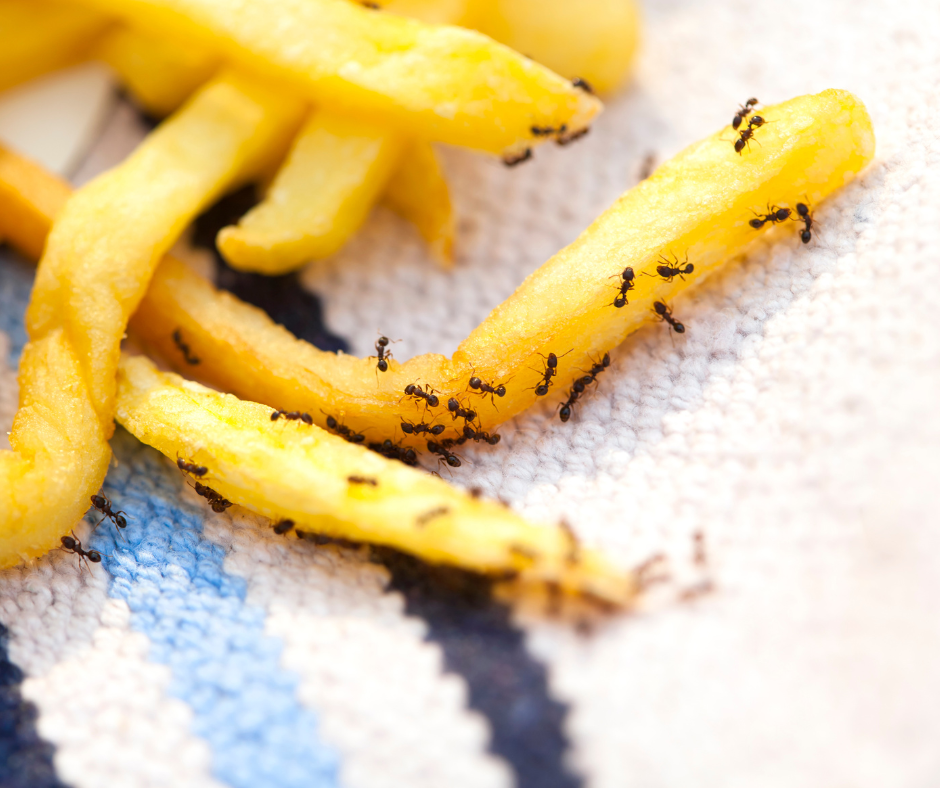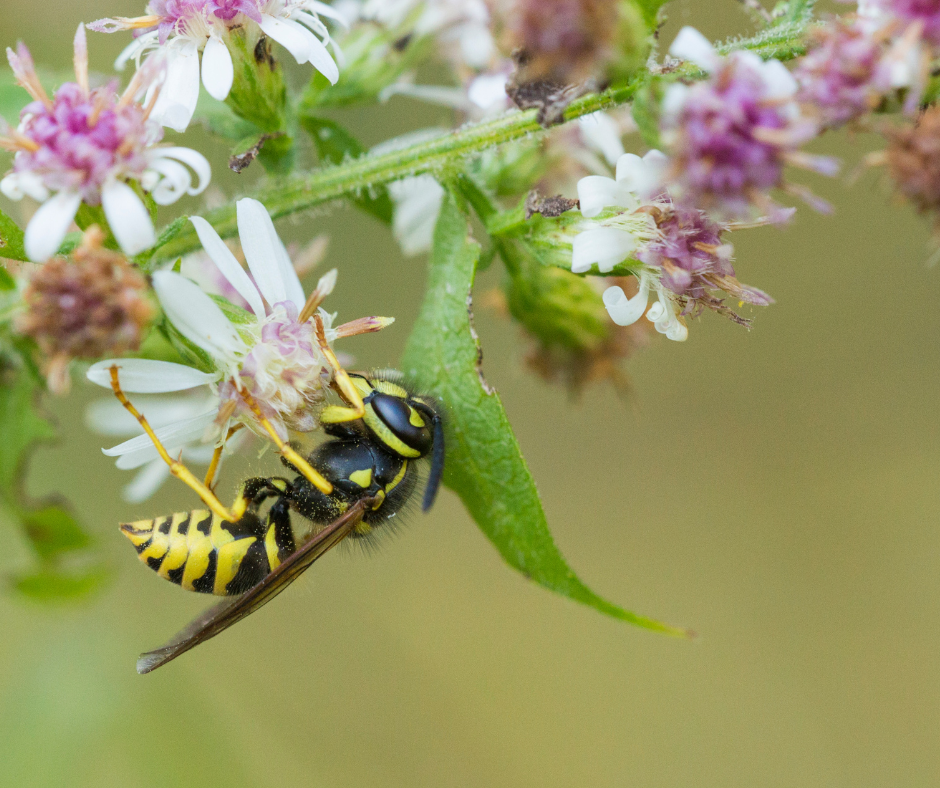As the warm weather approaches, it's time to gear up for a pest-free summer.
As pests that have been overwintering or hibernating start to wake up as well as non-hibernating pests starting to make an appearance outdoors, it's essential to be prepared and take preventive measures to keep your home or business pest-free.
Thankfully Orkin Canada has put together a comprehensive list on the top nine pests expected to trend this summer and some valuable tips on how to keep them away.

Top Pests to Watch Out For:
-
Ants: The mild winter and anticipated flooding conditions create an ideal environment for ants. Carpenter ants and acrobat ants are attracted to moisture-compromised wood structures, while pavement ants and moisture ants are drawn indoors by excess moisture. Ant colonies can contaminate food and cause structural damage. To keep ants at bay, perform spring cleaning, eliminate water leaks, and seal entry points.
-
Rodents: The milder winter has led to higher rodent populations, and subsequent flooding may drive them to seek shelter indoors. Rodents can transmit diseases, contaminate food, and cause structural damage. To keep rodents out, maintain cleanliness, eliminate food sources, seal openings, and trim back vegetation around your property.
-
Cockroaches: Flooding conditions can flush out cockroaches from underground sewer systems, making them a common sight in urban areas. Cockroaches are unsanitary and can spread harmful bacteria, causing food poisoning and allergies. Clean up spills promptly, seal cracks, and eliminate food and moisture sources to prevent cockroach infestations.
-
Subterranean Termites: Flooding and moisture-saturated soil provide favourable conditions for subterranean termites. These destructive pests can cause significant structural damage. Prevent termite infestations by fixing leaks, improving drainage, eliminating wood debris, and reducing wood-to-soil contact.
-
Mosquitoes: Moist soil from spring precipitation and overwintering mosquitoes create ideal breeding conditions for these bothersome pests. Mosquitoes can transmit diseases such as malaria and West Nile virus. Get rid of standing water, trim vegetation, wear insect repellent, and use protective clothing to reduce mosquito encounters.
-
Midges (Non-Biting): Midges thrive in moist conditions, making flood-prone areas a breeding ground for these nuisance pests. Although they don't bite, their overwhelming numbers can be a nuisance. Eliminate stagnant water, seal openings, and replace worn window or door screens to keep midges out.
-
Flies: The mild winter has allowed fly populations to survive and breed earlier. Flies can carry various pathogens, causing illnesses. Proper waste management, regular clean-up, and maintenance of screens can help prevent fly infestations.
-
Wasps: Fewer naturally controlled wasp colonies due to the mild winter may lead to earlier and larger populations. Wasps can be aggressive and territorial. Seal entry points, fix cracks, and reduce available food sources to deter wasps from nesting around your property.
-
Ticks: Ticks are expected to trend due to a mild winter in 2022, resulting in increased survival rates and a second peak of tick populations in early spring, leading to larger populations in the summer and fall. Ticks are dangerous as they carry bacteria and viruses causing serious illnesses like Rocky Mountain spotted fever and Lyme disease, which can lead to central nervous system problems. To prevent tick encounters, maintain a well-kept environment, manage pet activity, wear protective clothing, and use tick repellents on exposed skin.

Prevention Tips to Keep Pests Away:
- Clean up spills and crumbs promptly.
- Eliminate water leaks and fix moisture problems.
- Store food in tightly sealed containers.
- Seal cracks and openings in walls, floors, and foundations.
- Trim back vegetation and keep the landscape well-maintained.
- Remove wood debris and clutter from your property.
- Keep doors and windows closed.
- Use screens on windows and doors.
- Eliminate standing water sources.
- Wear insect repellent and protective clothing.
With the summer season approaching, it's crucial to be prepared and take preventive measures against common pests. By implementing these tips, you can enjoy a pest-free environment at home or work. Stay vigilant, address moisture issues, and maintain cleanliness to keep pests at bay.




